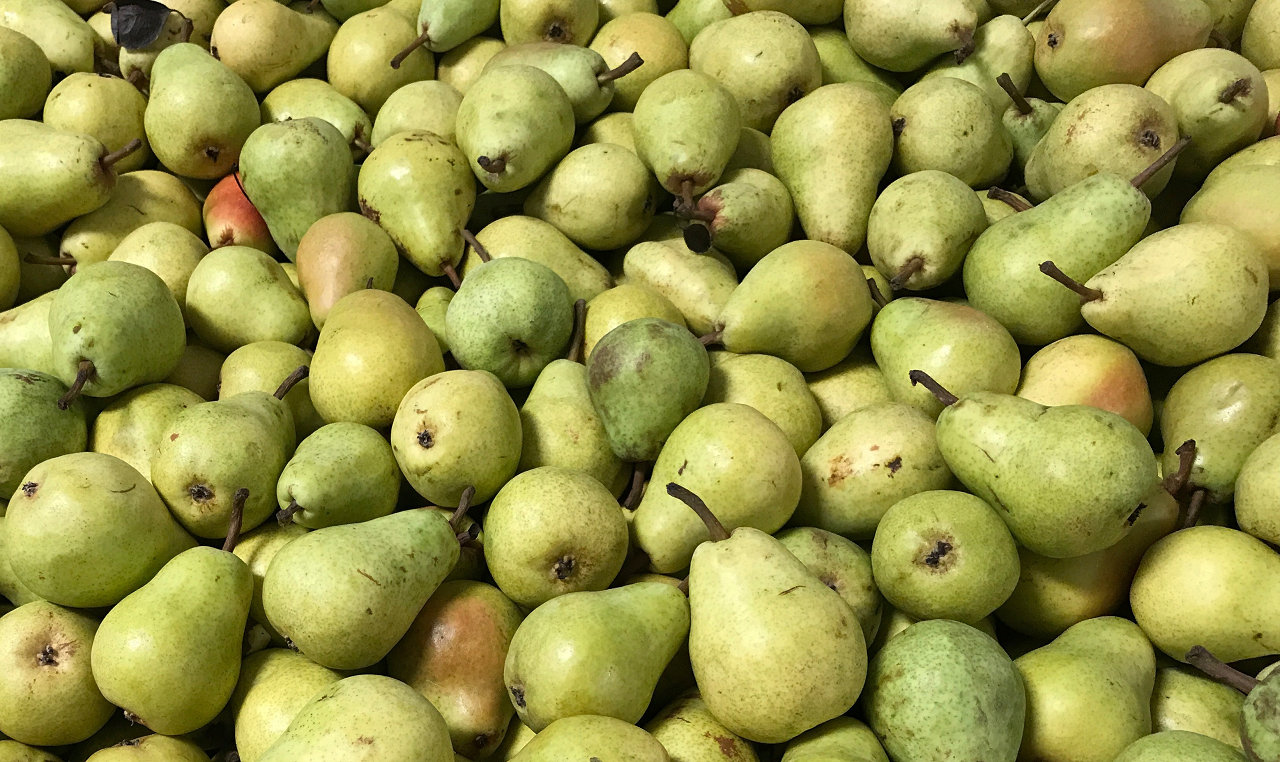Tips from Our Dietitian: Fiber

Fiber is an essential nutrient, however, most Americans fall under the recommended daily amount in their diets. It is recommended that women consume 25 grams of fiber per day, while men should consume 38 grams (or 21 and 30 grams daily, respectively, for those over the age of 50).
Fiber helps prevent:
- Heart disease: Fiber may aid in the prevention of heart disease by helping lower your cholesterol.
- Diabetes: Fiber helps control blood sugar levels for people with diabetes.
- Digestive Problems: Adequate amounts of fiber from foods can help prevent constipation and hemorrhoids.
- Weight Gain: A high-fiber eating plan is lower in calories and tends to make you feel full faster.
How to get an adequate amount in your diet:
-Eating the skin or peels of fruits and vegetables
-Eating beans, lentils, whole grains, nuts, and/ or seeds daily
Typically more refined or processed food have lower amounts of fiber. For example; 1 apple with the skin contains 4.4 grams of fiber, while ½ cup of applesauce contains 1.4 grams, and 4 ounces of apple juice contains no fiber.
Here are a few foods that are naturally high in fiber:
- 1 large pear with skin (6 grams)
- 1 cup fresh raspberries (8 grams)
- 1 cup of butternut squash (6 grams)
- ½ medium avocado (5 grams)
- 1 ounce almonds (3.5 grams)
- ½ cup cooked black beans (7.5 grams)
- 3 cups air-popped popcorn (3.6 grams)
- 1 cup cooked pearled barley (6 grams)
When increasing fiber, be sure to do it gradually and with plenty of fluids. As dietary fiber travels through the digestive tract, it is similar to a new sponge; it needs water to plump up and pass smoothly. If you consume more than your usual intake of fiber but not enough fluid, you may experience constipation.
You can meet your daily fiber needs with 2 cups of fruit and 2 ½ cups of vegetables every day, along with whole grains and beans. Add vegetables to stews and casseroles, and add oats to meatloaf, breads, and cookies. Add fruit to cereal or salads, or eat it as a snack.
Adapted from eatright.org


